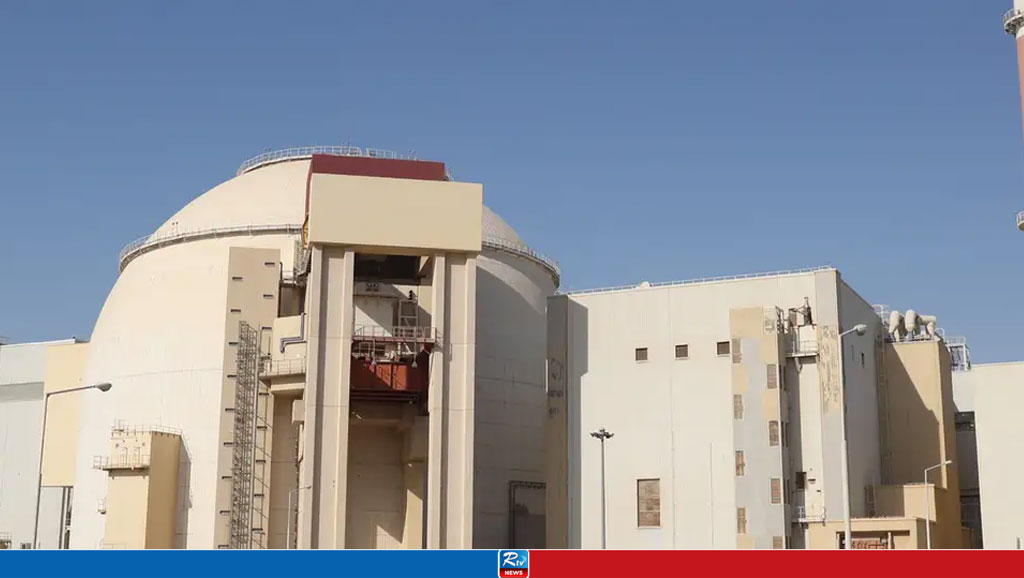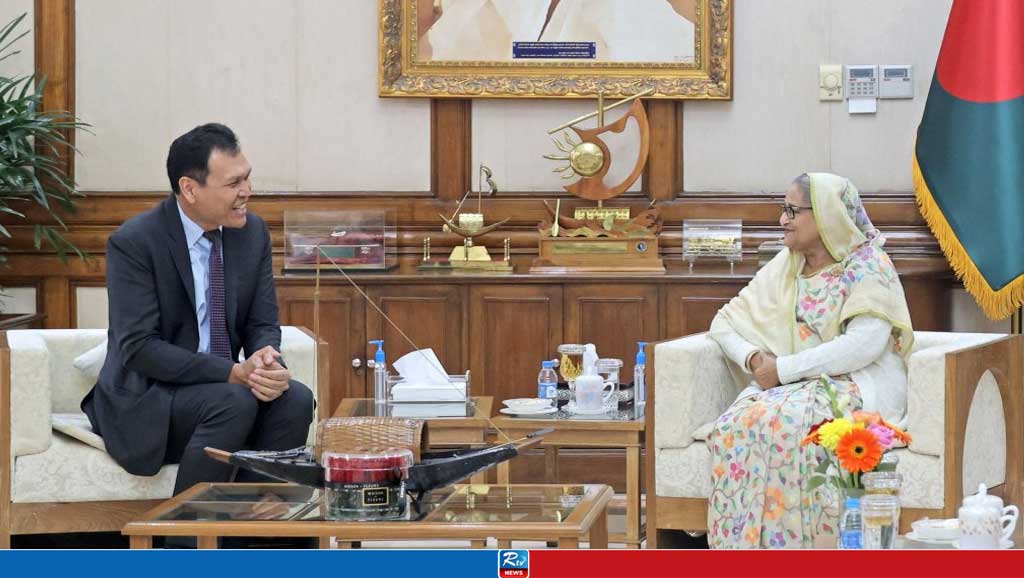Afghanistan: Taliban return to violent ways
When the Taliban seized power in Afghanistan last year, many expected the fundamentalist group to rule differently this time around. More than a year later, the Taliban have proved them wrong.
Although analysts didn't expect the Taliban to transform into a liberal outfit, they hoped the group might have become "politically mature" when they seized power in Afghanistan for the second time.
The hard-line group's first stint in power — from 1996 to 2001 — was marked by massive violations of human rights, public floggings and curbs on women's participation in public life, among other things.
These were the major concerns for the West before the US invaded Afghanistan in 2001 and toppled the Taliban regime.
After taking back power in August 2021, Taliban commanders made some statements that hinted they had learned from their past mistakes. But more than one year on, it looks like everything is back to square one.
Afghanistan sees return to brutal punishments
A Taliban spokesman said on December 7 that a man who was convicted of murder had been executed in public, the first such sentence to be confirmed since the Islamists seized back power.
Taliban spokesman Zabihullah Mujahid said in a statement that the order of "quisas," referring to the "eye for an eye" principle of justice in Islamic law — had been implemented.
The man who was executed was identified as Tajmir from Herat province, who was convicted of killing another man and stealing his motorcycle and mobile phone. The offense was said to date back five years.
Recently, Taliban officials publicly lashed dozens of men and women who they had found guilty of "moral crimes."
The punishments took place in the provinces of Logar, Laghman, Bamiyan, Ghazni and Takhar. The women were accused of "theft, adultery, and running away from home."
Taliban leaders are not even trying to keep these public punishments a secret. On the contrary, Mullah Haibatullah Akhundzada, the group's supreme leader, ordered all officials to implement Shariah law in the country.
Provincial officials have urged locals to come and watch these punishments be carried out.
One of the places where the Taliban flogged people was Puli Alam, the capital of eastern Logar province. Photos circulating on social media showed hundreds of people gathered at a stadium, watching Taliban members beating three women and nine men.
The spokesman for the Taliban governor in Logar province confirmed these incidents, saying the "maximum punishment" was 39 lashes and the minimum 12.
'Dangerous sign that the Taliban are becoming more defiant'
Rina Amiri, the US special representative for Afghan women, wrote on Twitter that the punishments were "both appalling and a dangerous sign that the Taliban are becoming more defiant in showing the world that they are embracing the policies of the past."
"It didn't end up well before and it will once again take the country on a perilous path," she added.
An eyewitness to one of Taliban's public floggings told DW on condition of anonymity that the Taliban used loudspeakers to inform people about the implementation of these punishments.
They told shopkeepers to close their shops and participate in the event, otherwise they would be lashed too, he added.
The eyewitness said the Taliban used a special whip "made of leather and metal." He added that the people who were whipped were in extreme pain and were crying for help.
A lack of international pressure
"The Taliban have not changed, and with the passing of over one year, they have become more vicious, more problematic and demagogic," political expert Ahmad Saeedi, a former Afghan diplomat, told DW.
"The Taliban do not accept any kind of rules and humanitarian principles, and they do not care about the requests made by the international community," he added.
Since toppling Ashraf Ghani's elected government last year, the Taliban has cracked down on civil society and political opponents, but their top target has been women's rights.
Girls have been barred from school and women are facing increased social restrictions under their rule.
Saeedi said Western nations "must take responsibility for what is happening in Afghanistan right now," because they have failed to force the Taliban to change their ways.
Political analyst Tariq Farhadi believes it is futile to expect the Taliban to change.
"That is what they learned in in madrassas in Pakistan. They are now trying to implement it," he said.
Analysts have said that by reverting to their 1990s style of governance, the Taliban leadership are showing local commanders and officials the commitment to their ideology.
In the absence of internal and external pressure, the Taliban's leadership has no incentive to change.
08 Dec 2022,13:39
















 Live Tv
Live Tv









